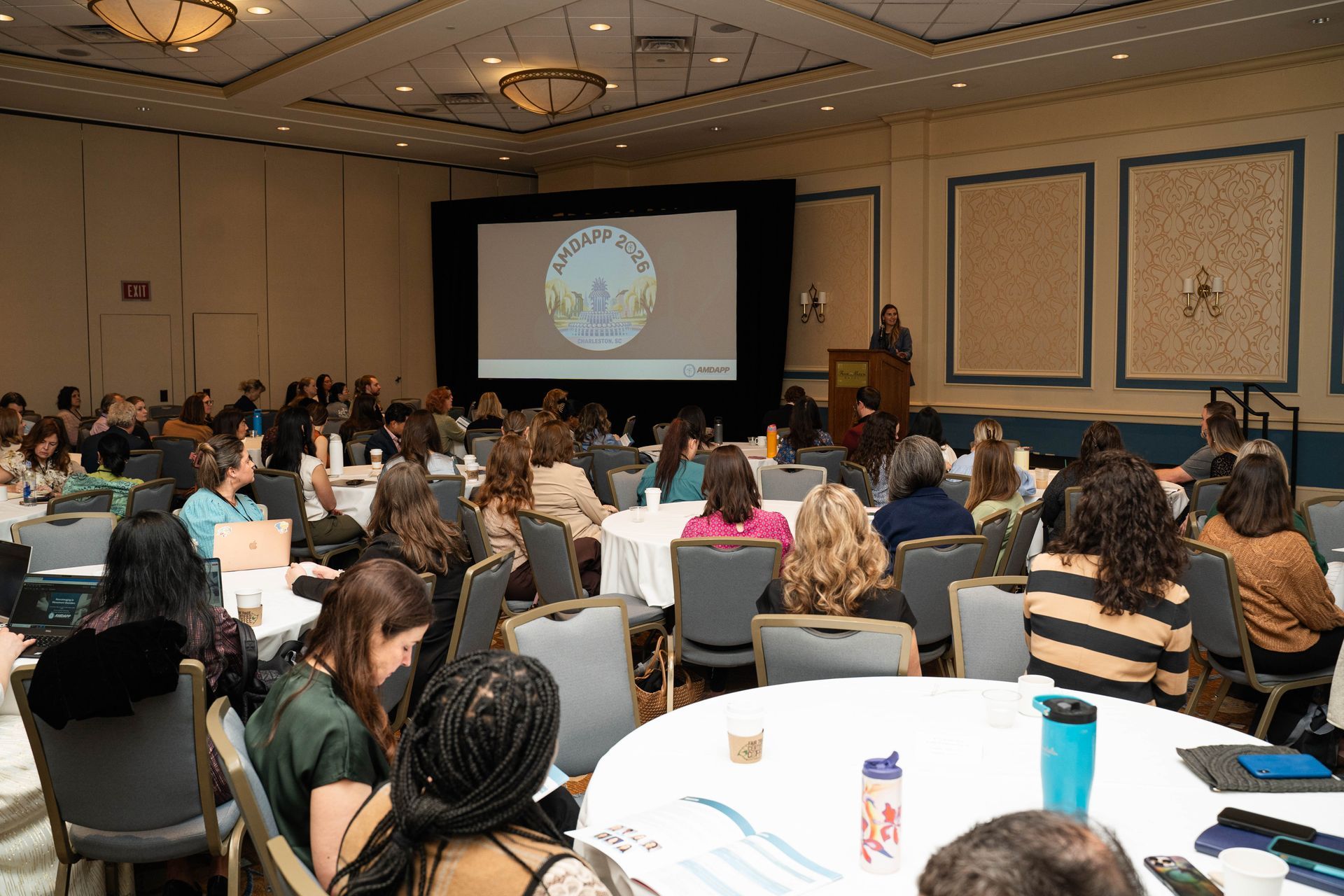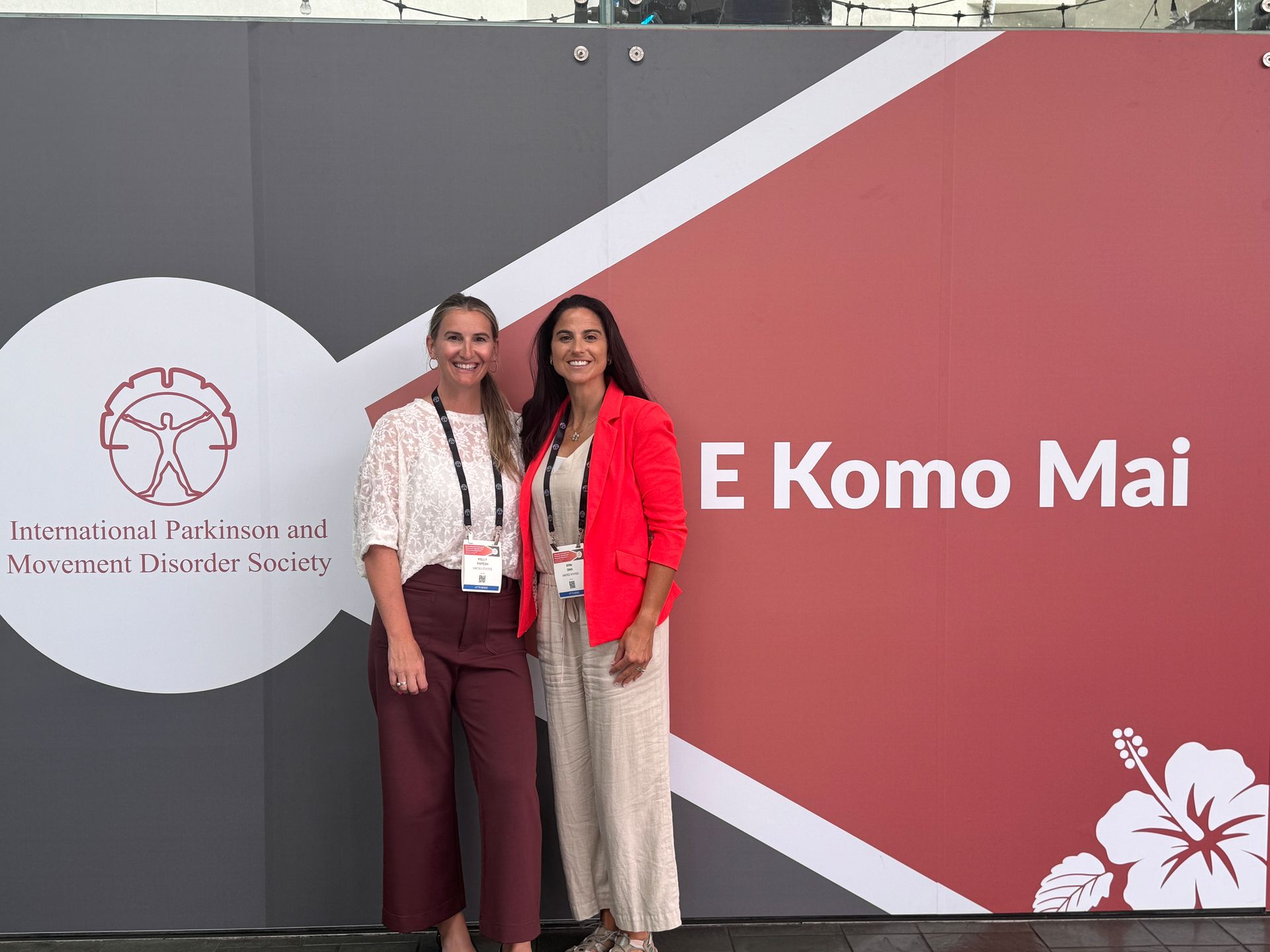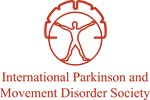AMDAPP Statement on DOE Classification of Professional Degree
The U.S. Department of Education defines a professional degree program in its 2025 to 2026 regulatory framework as a program that “signifies both completion of the academic requirements for beginning practice in a given profession and a level of professional skill beyond that normally required for a bachelor’s degree; is generally at the doctoral level; requires at least six academic years of postsecondary education including at least two years at the post-baccalaureate level; and typically leads to licensure in a recognized profession.”
The Association of Movement Disorder Advanced Practice Providers (AMDAPP) is concerned that, as applied in recent rulemaking, this definition may exclude several graduate-level programs that educate clinicians who are central to movement-disorders care. These include programs in advanced nursing and nurse practitioner education, physician assistant education, physical therapy, occupational therapy, speech-language pathology, audiology, public health and counseling and social work. These professions require advanced education, national certification, state licensure and clinical expertise that align closely with the criteria outlined in the Department’s definition.
Movement-disorders care relies on a multidisciplinary team with specialized training. Every one of the professions listed above contributes significantly to evaluating symptoms, managing treatment plans, providing rehabilitation therapies, supporting communication and swallowing and addressing cognitive, emotional and social needs. For individuals living with Parkinson’s disease and related conditions, these services are essential to maintaining safety, independence and quality of life.
If these graduate programs are not recognized as professional degree programs, students may face reduced access to federal financial aid. This may contribute to workforce shortages in areas of care where patient demand is already increasing. Longer wait times, fewer available specialists and limited access to comprehensive services are all potential consequences for patients and clinics across the country, at a time when movement-disorders care is already marked by a significant shortage of trained clinicians and growing challenges in timely access to care.
AMDAPP respectfully requests continued discussion and clarification around the Department’s classification of professional degree programs to ensure that it accurately reflects the training, licensure requirements and responsibilities of these essential healthcare professions. We encourage clinicians, educators, students and patient advocates to stay informed, to share information about how these changes may affect patient access and training and to communicate their concerns with their members of Congress so that the full impact on the movement-disorders community is understood.




